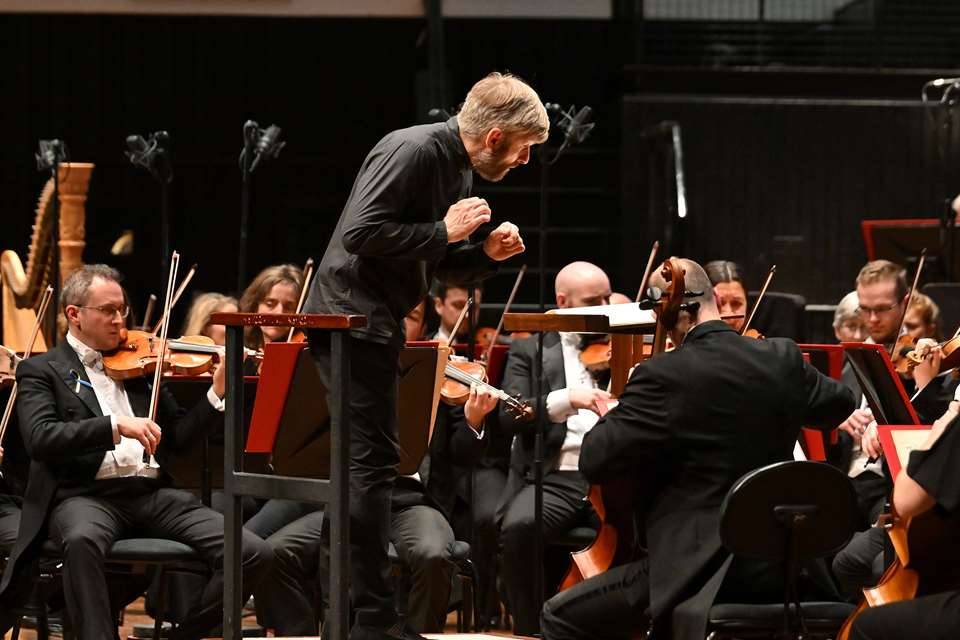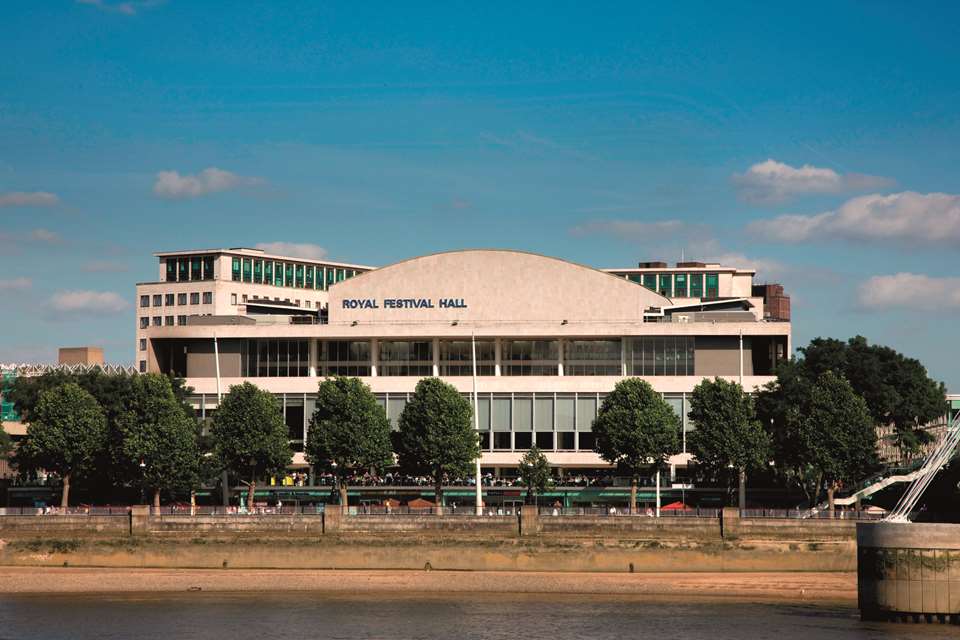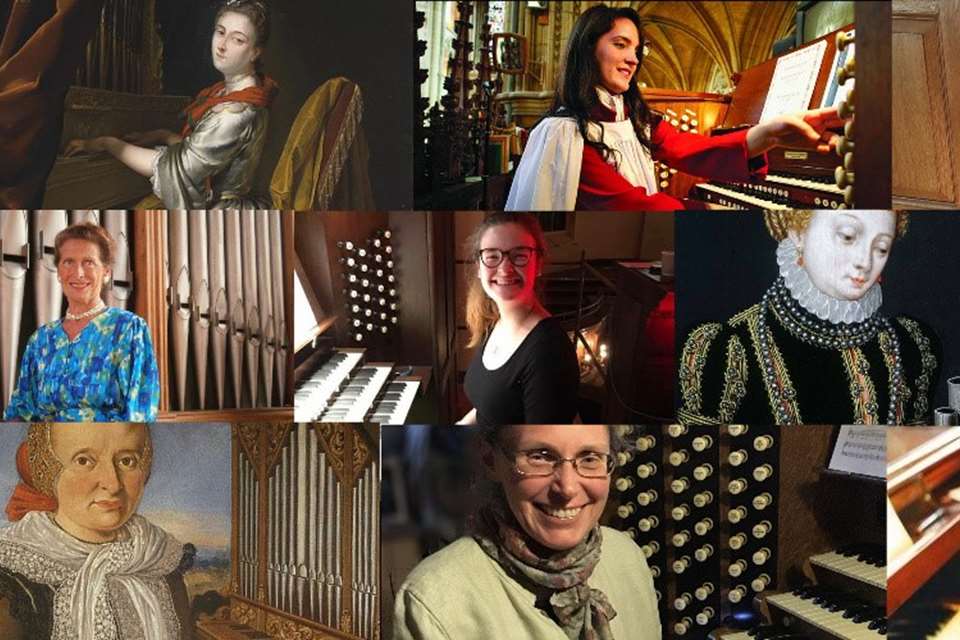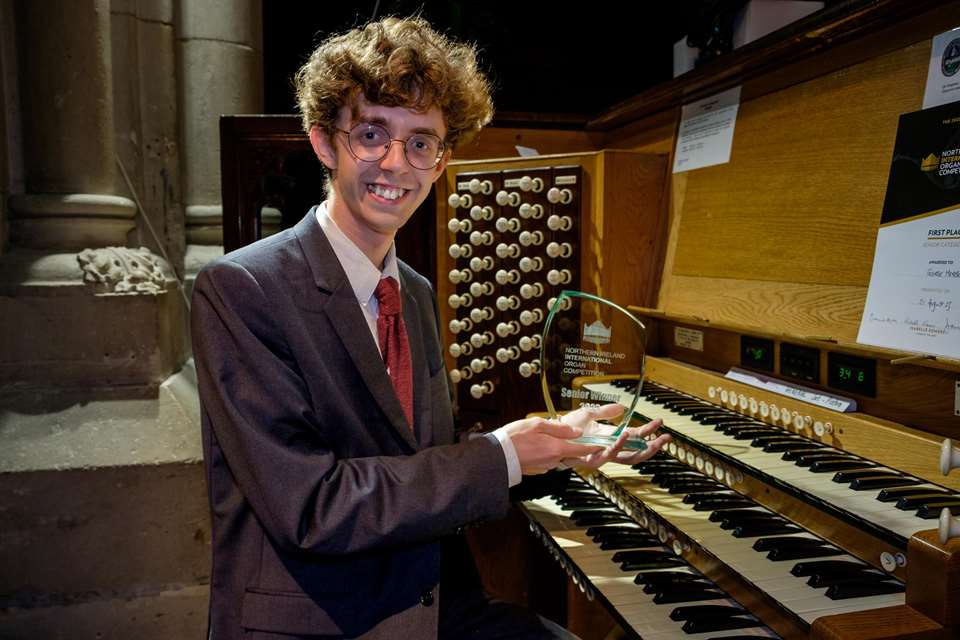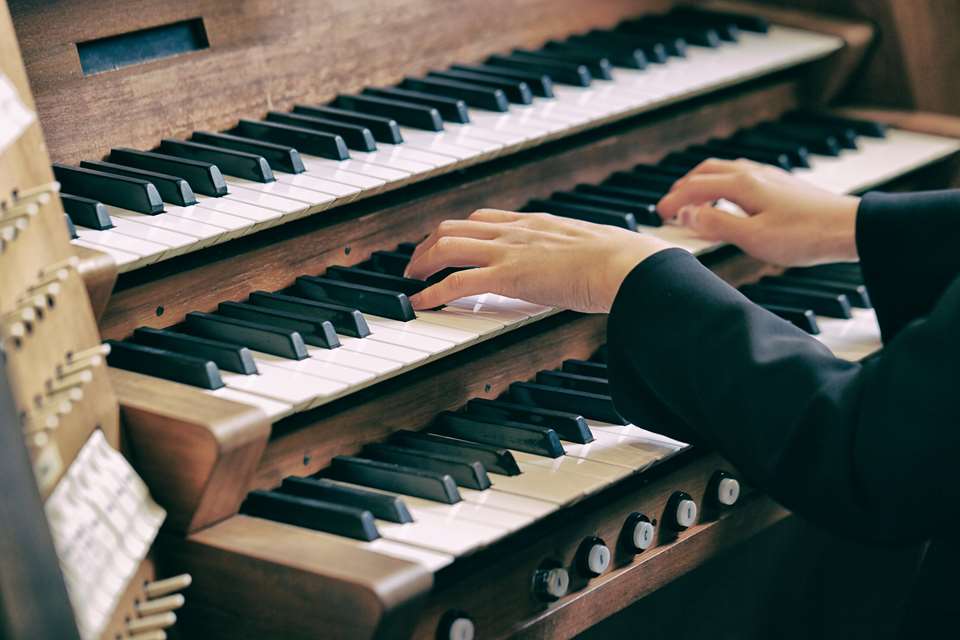Organic collaboration: James McVinnie and Tristan Perich reimagine the organ
Florence Lockheart
Wednesday, March 20, 2024
As 70th birthday celebrations for the Royal Festival Hall organ kick off this weekend, Southbank Centre resident artist James McVinnie and producer and composer Tristan Perich consider new approaches to the instrument
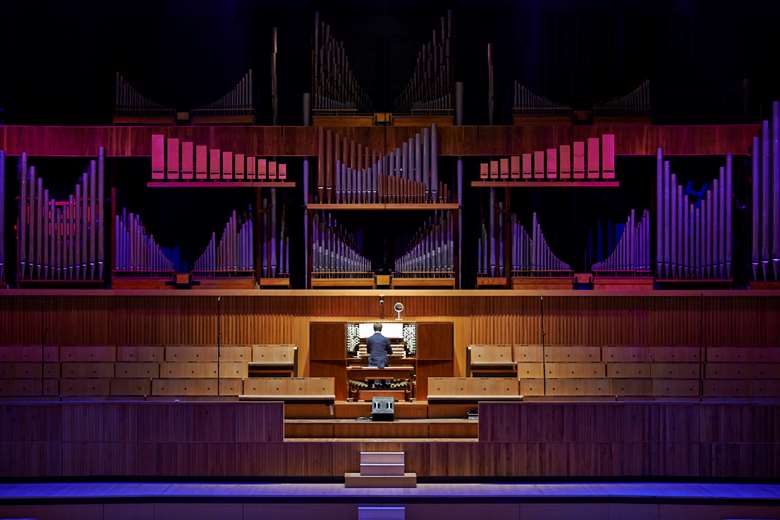

Register now to continue reading
Don’t miss out on our dedicated coverage of the classical music world. Register today to enjoy the following benefits:
- Unlimited access to news pages
- Free weekly email newsletter
- Free access to two subscriber-only articles per month
